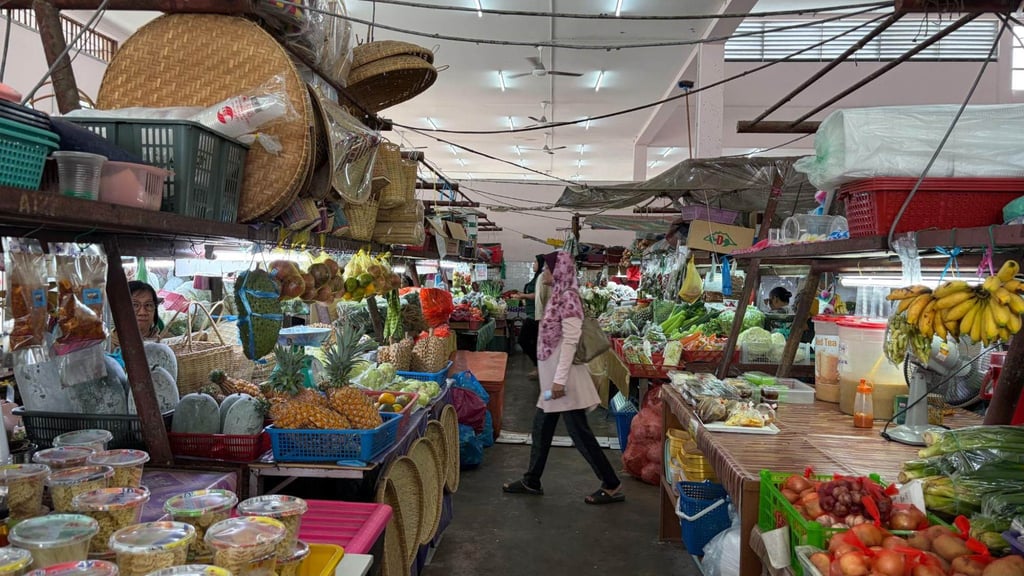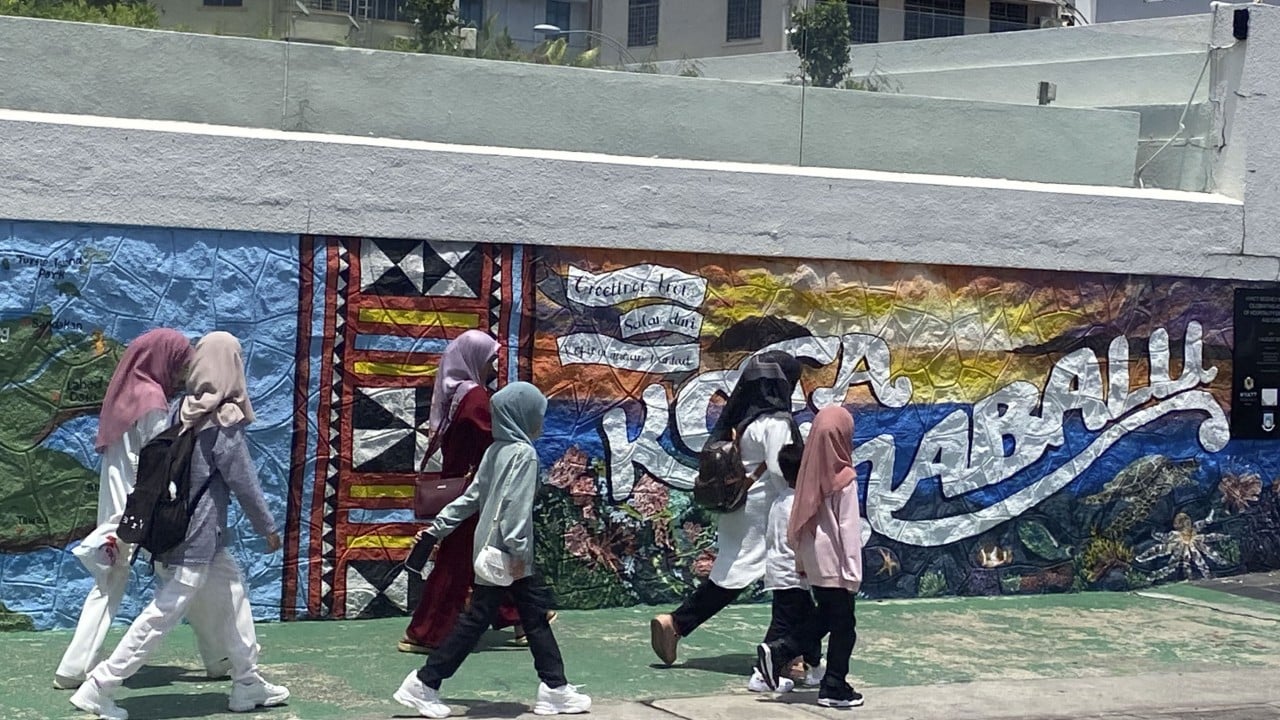When activist Sudirman Arshad walked into a Kota Kinabalu police station last month, the 22-year-old expected to file a routine report after a minor traffic accident. Instead, he was held for hours and questioned under Malaysia’s Sedition Act over a rally he had helped organise.
Advertisement
The experience left him shaken, but also confirmed a nagging suspicion: Sabah’s political establishment has finally realised that Gen Z is no longer content to sit quietly on the sidelines.
His brush with the law came as Sabah prepares to head to the polls on November 29, with nearly 500 candidates contesting 73 state seats in a closely watched state election. This time, the balance of power may lie with voters young enough to have grown up with smartphones and social media – and old enough to be tired of broken promises.
“Too often our complaints are treated as noise instead of legitimate calls for reform,” said Sudirman, president of Suara Mahasiswa UMS, a student group at the University of Malaysia Sabah.
“If federal leaders want Sabahans to trust them, they must show progress that people can actually feel, not just hold ceremonial agreements in Kuala Lumpur.”

Voters aged 18 to 39 now make up almost 54 per cent of Sabah’s nearly 1.8 million registered voters. Analysts say this cohort of Gen Z and millennials will be pivotal in determining who governs one of Malaysia’s poorest yet most resource-rich states.
Advertisement

